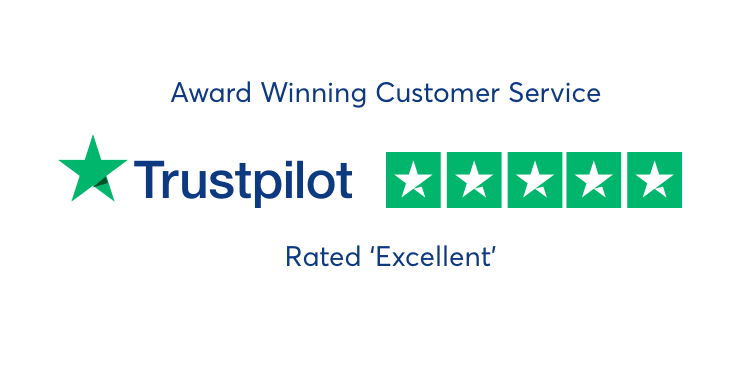Photo Journalism Introduction
Level 2 / Quality Licence Scheme / SH226
£346.00
£18.00 /month
over 12 months and £130.00 deposit
£346.00
£18.00 /month
over 12 months and £130.00 deposit
Course summary

Expert Tutoring
12 months tutor support

24hr Access to
Course, assignments & tutor

Endorsed by the
Quality Licence Scheme

NUS Card Eligibility
Enjoy student discounts
Course introduction
The objective of this course is to provide students with the knowledge and skills to produce professional standard photo journalistic articles and to know how to market them. During the course students will examine two key elements:
1) The practice of freelance journalism and the skills of gathering news
2) Combining photography and writing to produce reports and articles for publication
Students will receive all the necessary learning knowledge and understanding needed to successfully complete this course.
Our aim is to provide you with the best deal available, therefore registration fee, certification fee and full tutor support is included in the course price for you.
Required knowledge
There are no formal entry requirements and no previous experience is required to take this course.
Assessment
The Quality Licence Scheme course is gained by successfully completing a series of assignments. Your personal tutor will review, mark and provide you with feedback on your work.
Certification
At the end of this course successful learners will receive a Certificate of Achievement from Quality Licence Scheme and a Learner Unit Summary (which lists the components the learner has completed as part of the course).
The course has been endorsed under the Quality Licence Scheme.The Provider has undergone an external quality check to ensure that the organisation and the courses it offers, meet defined quality criteria. The completion of this course alone does not lead to a regulated qualification* but may be used as evidence of knowledge and skills gained.
The Learner Unit Summary may be used as evidence towards Recognition of Prior Learning if you wish to progress your studies in this subject. To this end the learning outcomes of the course have been benchmarked at QLS Level 3 against level descriptors published by Ofqual, to indicate the depth of study and level of demand/complexity involved in successful completion by the learner.
The Quality Licence Scheme is part of the Skills and Education Group, a charitable organisation that unites education and skills-orientated organisations that share similar values and objectives. With more than 100 years of collective experience, the Skills and Education Group’s strategic partnerships create opportunities to inform, influence and represent the wider education and skills sector.
The Skills and Education Group’s knowledge and experience of working within the awarding sector enables them to work with training providers, through the Quality Licence Scheme, to help them develop high-quality courses and/or training programmes for the non-regulated market.
*Regulated qualification refers to those qualifications that are regulated by Ofqual / CCEA / Qualification Wales.
Course modules
Part A Introduction to Freelance Journalism
Unit 1: Introduction to Freelance Journalism
What is news?
The elements of news
News in the community
Community newspapers
Unit 2: What makes a good Freelance Journalist?
What makes a good Freelance Journalist?
The function of a Freelance Journalist
Unit 3: Gathering the News
The beat system
Sources and tools
Unit 4: Interviewing
Preparing mechanically for interviews
Developing note-taking skills
Picking the interview location
Conduct pre-interview research
Conduct the interview
Conduct the post-interview
Part B Introduction to Photo Journalism
Unit 5: Understanding Photo Journalism
Taking photographs for publication
Two visual considerations
Depth of field
Isolating a subject
Lenses and perspectives
Composition
The principles of composition
Action in still photographs
Stopping action
Unit 6: Obtain and Record Cutline Information
Who gathers cutline information?
How to record the information
What to record
Match up the information with the photograph
When to record the information
Sports photography hints
Filing cutline information
Unit 7: Writing a photographic Cutline
Introduction
The four-part cutline
Equipment available
Learner support
You will be provided with comprehensive materials designed to provide you with everything required to complete your course of study. You will have your own dedicated tutor who will guide you through your course work and answer any questions you may have. Additionally, our support staff will provide you with any practical advice by email or phone.
FAQs
NCC originally stood for the National Consortium of FE (Further Education) Colleges. This brought together the FE Colleges to achieve the best provision. Regular national meetings were attended by both Colleges and Government agencies who funded them. This was very helpful to them both to best deliver training to their students.
For more than 25 years NCC has supplied FE Colleges with learning materials as well as student marketing.
NCC now specialise in online training of a very high quality to students both self-funded, paid for by schools, employers and training providers.
More

Ask us a question
Buy and study with confidence
Over 20 years' experience in adult education
Unlimited assignment submissions during the course
Industry recognised and accredited courses
Interest-free payment plans for up to a year

You may also like these courses...
Marketing
Copywriting Level 4 Diploma
£16.28 /month
over 12 months and £329.70 deposit
or £525.00 pay in full price
Marketing
Photo Journalism Introduction
£18.00 /month
over 12 months and £130.00 deposit
or £346.00 pay in full price
Marketing
Freelance Journalism
£18.00 /month
over 12 months and £130.00 deposit
or £346.00 pay in full price
Marketing
SEO Content Writing Level 4 Diploma
£16.28 /month
over 12 months and £329.70 deposit
or £525.00 pay in full price

